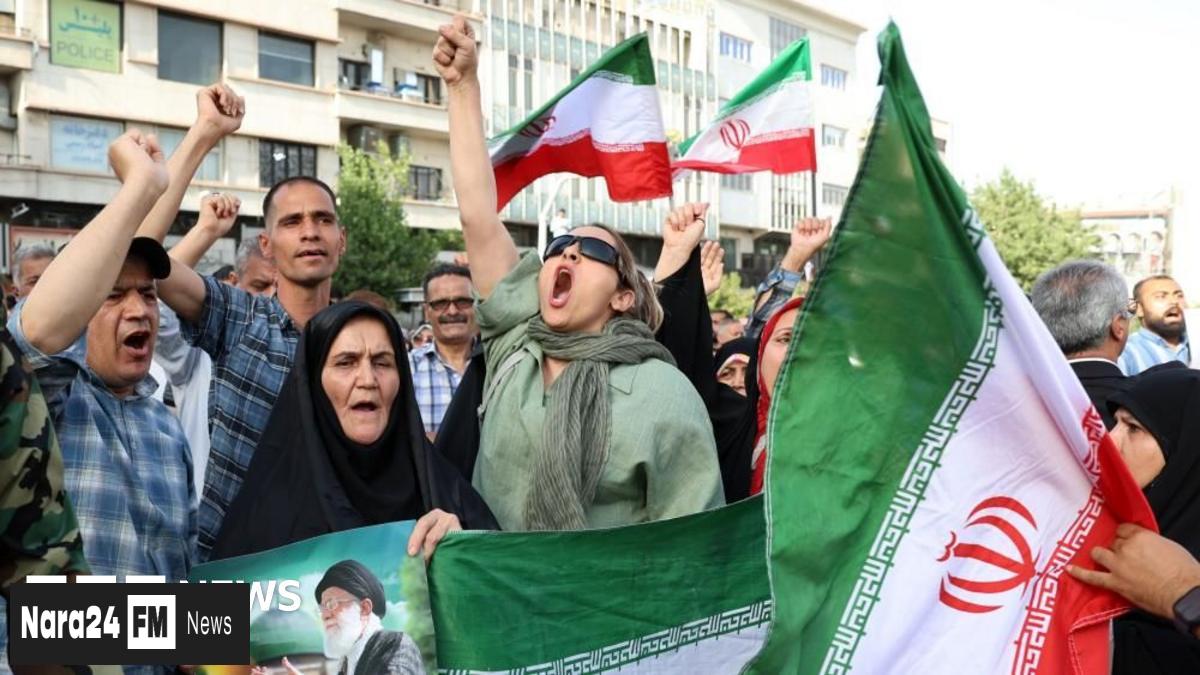In This Article
- Exploring the Strait of Hormuz
- Impact on Global Economy
- Military Presence and Potential Threats
- Strategic Importance and Risks
Key Takeaways
- The Strait of Hormuz is a vital maritime chokepoint through which approximately 20% of the world's daily oil supplies pass.
- Disruption to the shipping lanes in the strait could lead to a surge in energy prices, impacting economies globally.
- The US Navy's 5th Fleet and the Royal Navy maintain a military presence in the region to safeguard the security of the strait.
- Iran's control over the strait poses a potential threat to maritime security, with concerns about coordinated attacks using torpedo boats and drones.
Exploring the Strait of Hormuz
The Strait of Hormuz stands as one of the most crucial maritime chokepoints globally, linking the oil-rich Arabian Gulf, also known as the Persian Gulf, to the Indian Ocean. Approximately 20% of the world's daily oil supplies, along with a significant portion of its gas, pass through this narrow waterway daily. Measuring just 33km at its narrowest point, it is bordered by Iran to the north and Oman to the south.
Impact on Global Economy
The controlled shipping lanes within the Strait of Hormuz are overseen by a Traffic Separation Scheme to ensure safe passage for inbound and outbound vessels, reducing the risk of collisions. Any disruption to this vital route, such as a closure by Iran as threatened, could have severe repercussions on the global economy. Energy prices could surge, affecting economies worldwide, particularly those heavily reliant on oil and gas imports like China and India.
Military Presence and Potential Threats
The US Navy's 5th Fleet, stationed in Bahrain, maintains a presence in the strait to safeguard its security. However, in the event of a conflict, American vessels could be vulnerable to Iranian Revolutionary Guard's rapid torpedo boats and drones in a coordinated "swarm" attack. The Royal Navy also has a minesweeper, HMS Middleton, operating in the region to contribute to maritime security efforts.
Understanding the strategic importance of the Strait of Hormuz is essential in comprehending its impact on global energy supplies and the potential risks associated with any disruptions to this critical maritime route.








Comments (0)
Leave a Comment
Be the first to comment on this article!